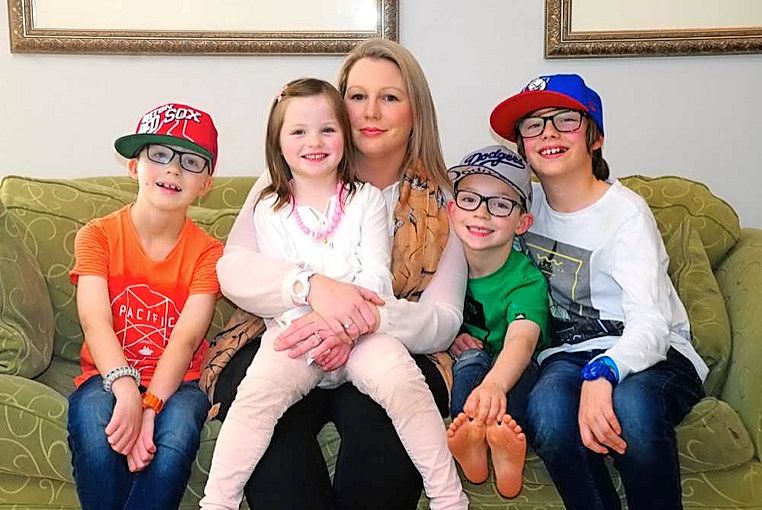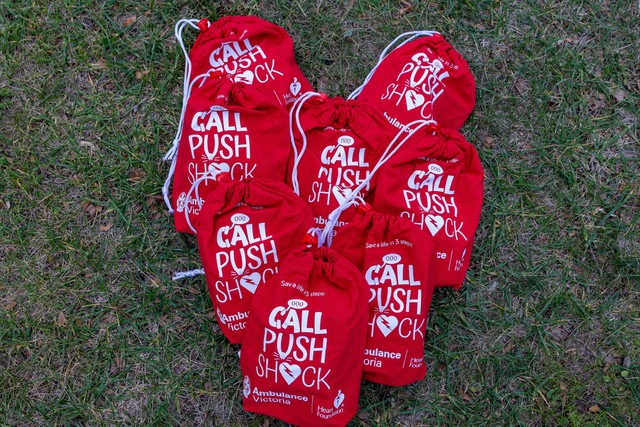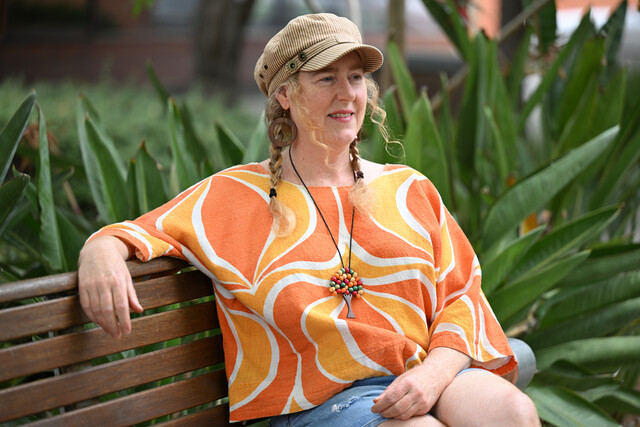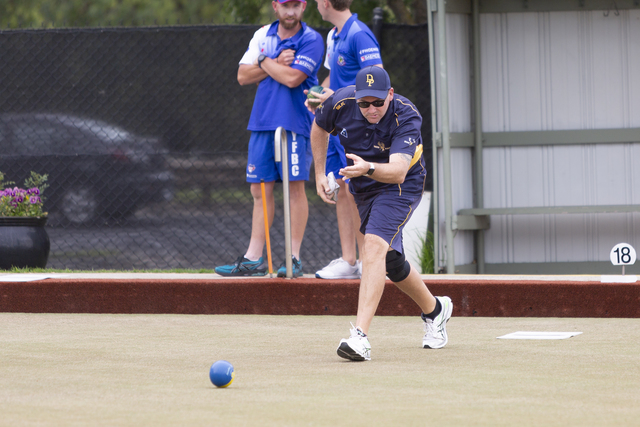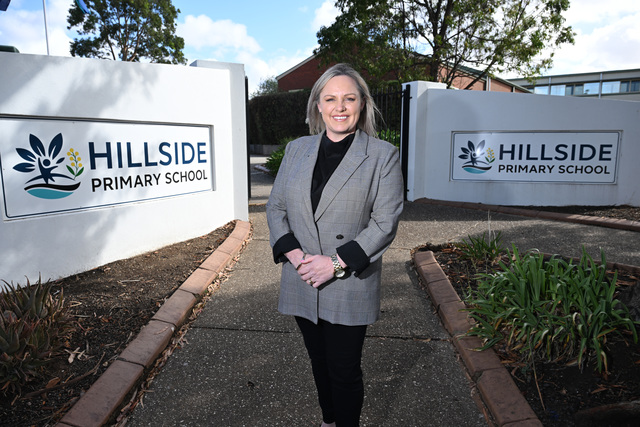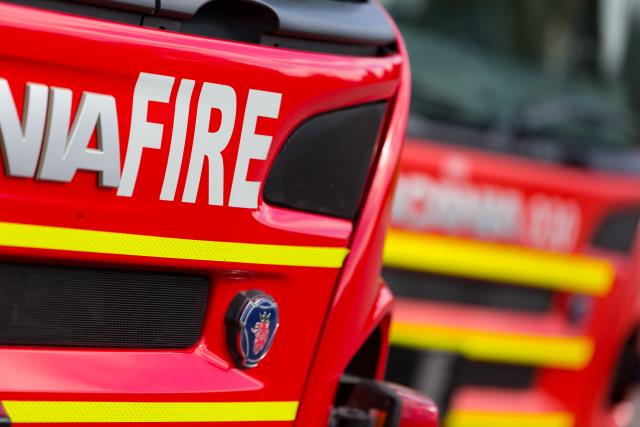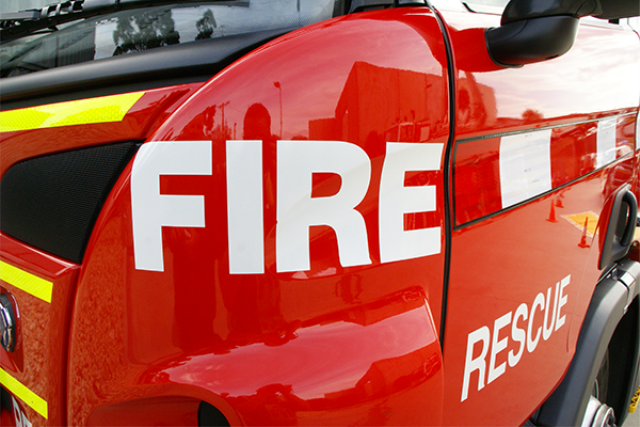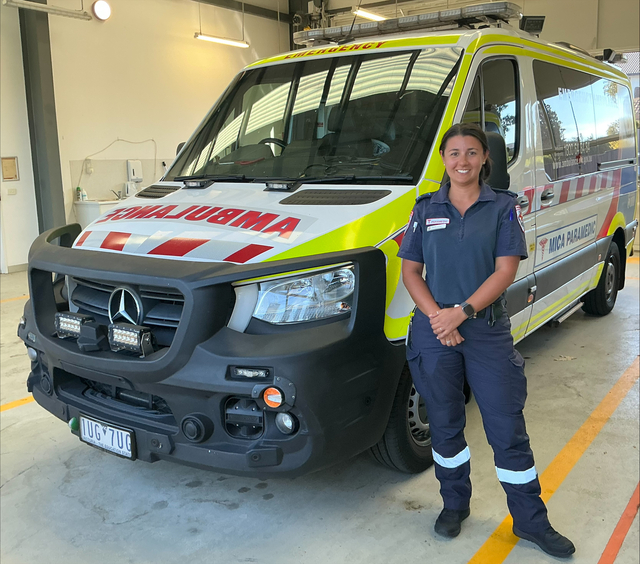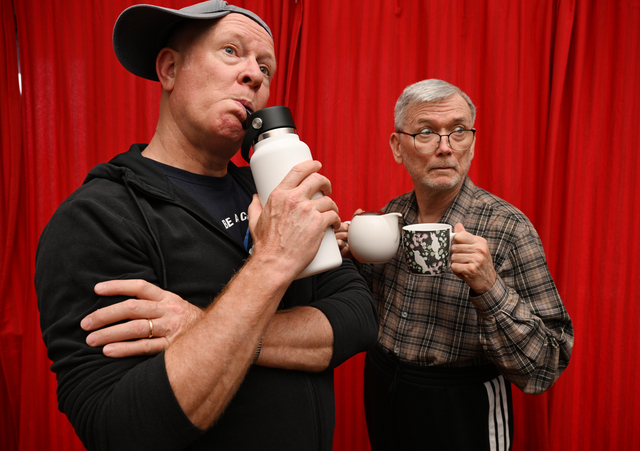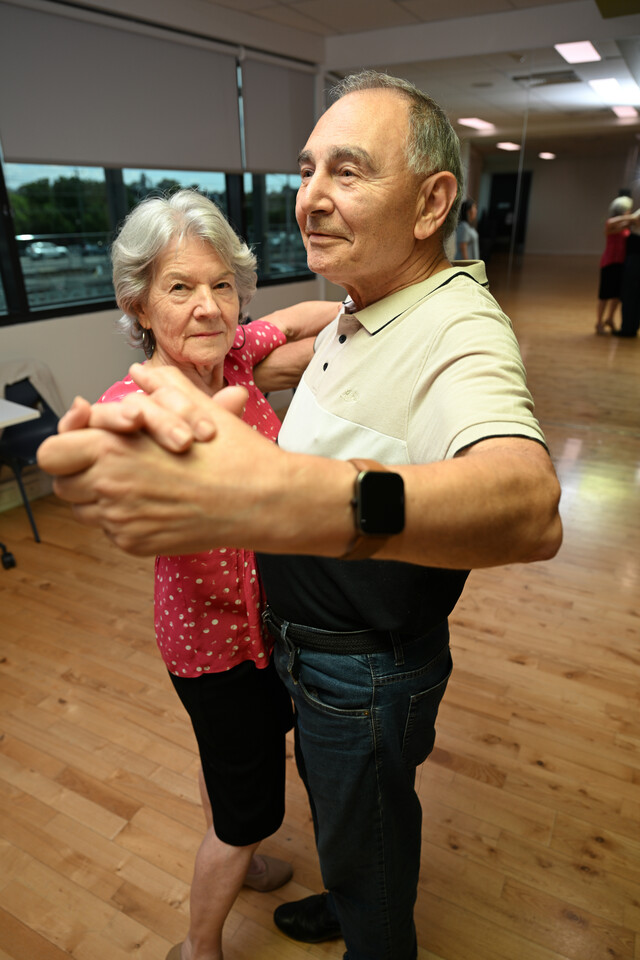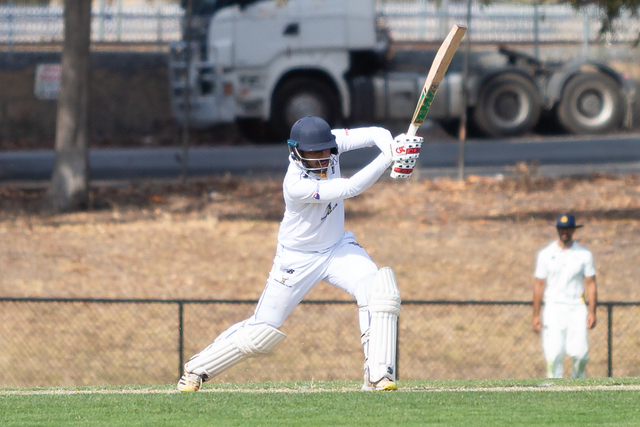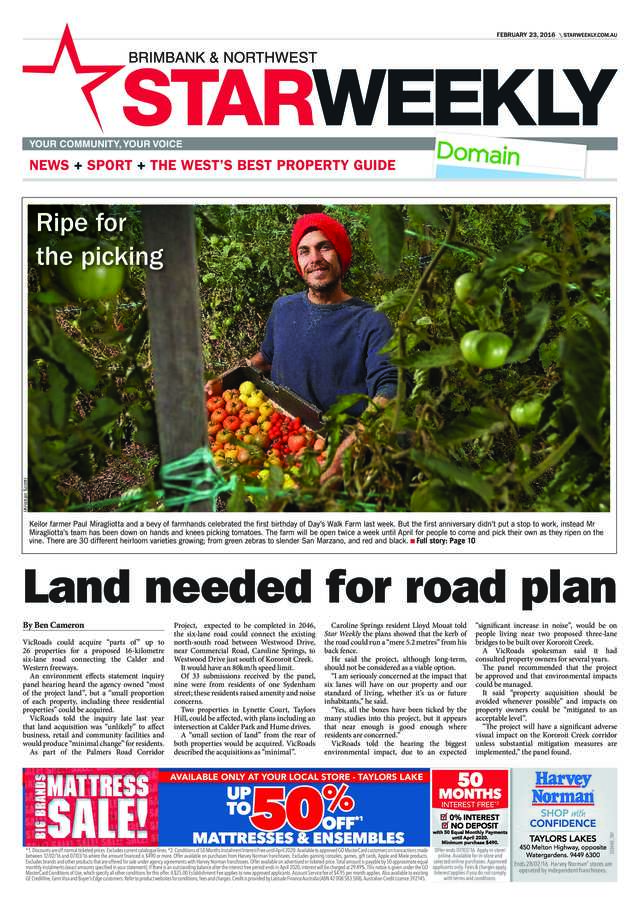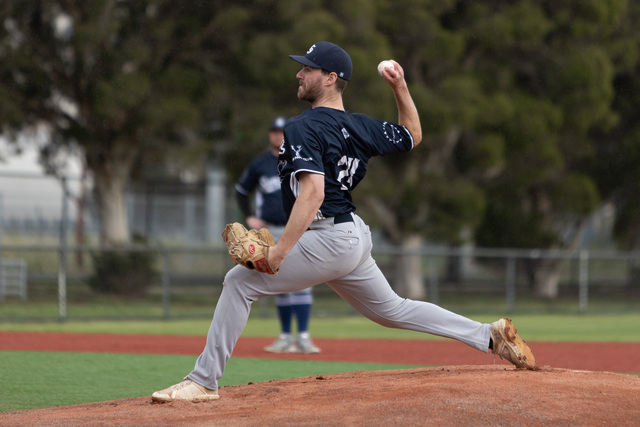It was at the family dinner table just two years ago when Hillside mother of four Laura thought her then five-year-old son, Kelly, had died.
Kelly suddenly started convulsing and fell against his brother, Riley.
“We thought he’d died,” Laura says. “He convulsed for about four minutes then just lay there. The ambulance people were really good, really quick. We had the whole street in our house.”
Kelly, like brother Riley, was diagnosed with epilepsy soon after his collapse.
Laura came to learn there’s a degree of shame that comes with epilepsy, but for her, the best way forward has been to be up front and honest with everyone, especially her boys’ schools.
“A lot of people don’t want to tell others they have it [epilepsy],” she says. “Mum said to me, ‘Don’t tell anyone’, but I said it’s not the way it is these days. It’s not one of those things you can keep quiet, and the school needs to know.”
Riley, now 12, would suffer up to 100 seizures a day without medication, lasting around 10 seconds a time.
Caring for two epileptic boys has been expensive, with the family needing a $1600 bed alarm – which detects movement at night – for Kelly as well as $300 anti-suffocation pillows, and medication, which creates “extreme hunger”.
“You’re always on guard,” Laura says. “They can actually die in their sleep. They can seizure and they can’t stop seizing. It’s extremely dangerous. [Kelly] can never have sleepovers.”
You can register to host an afternoon or morning tea for Epilepsy Awareness Month in November at www.epilepsy.org.au.

